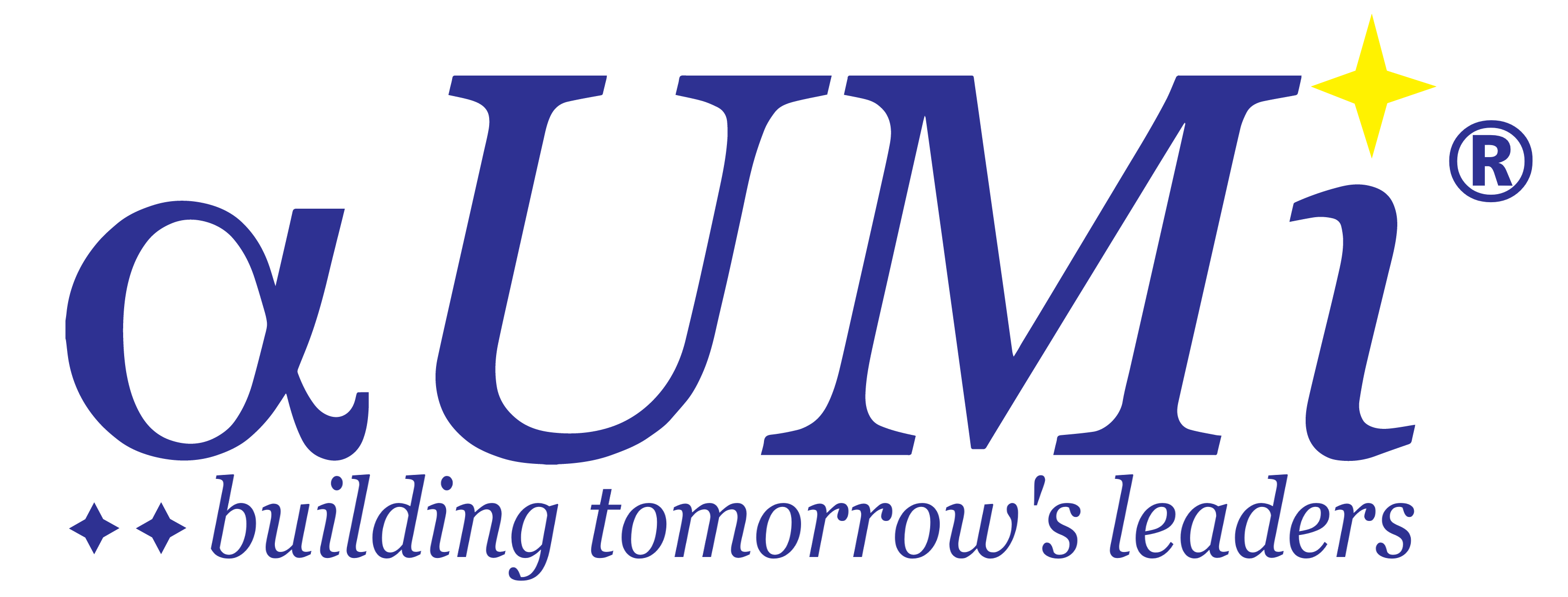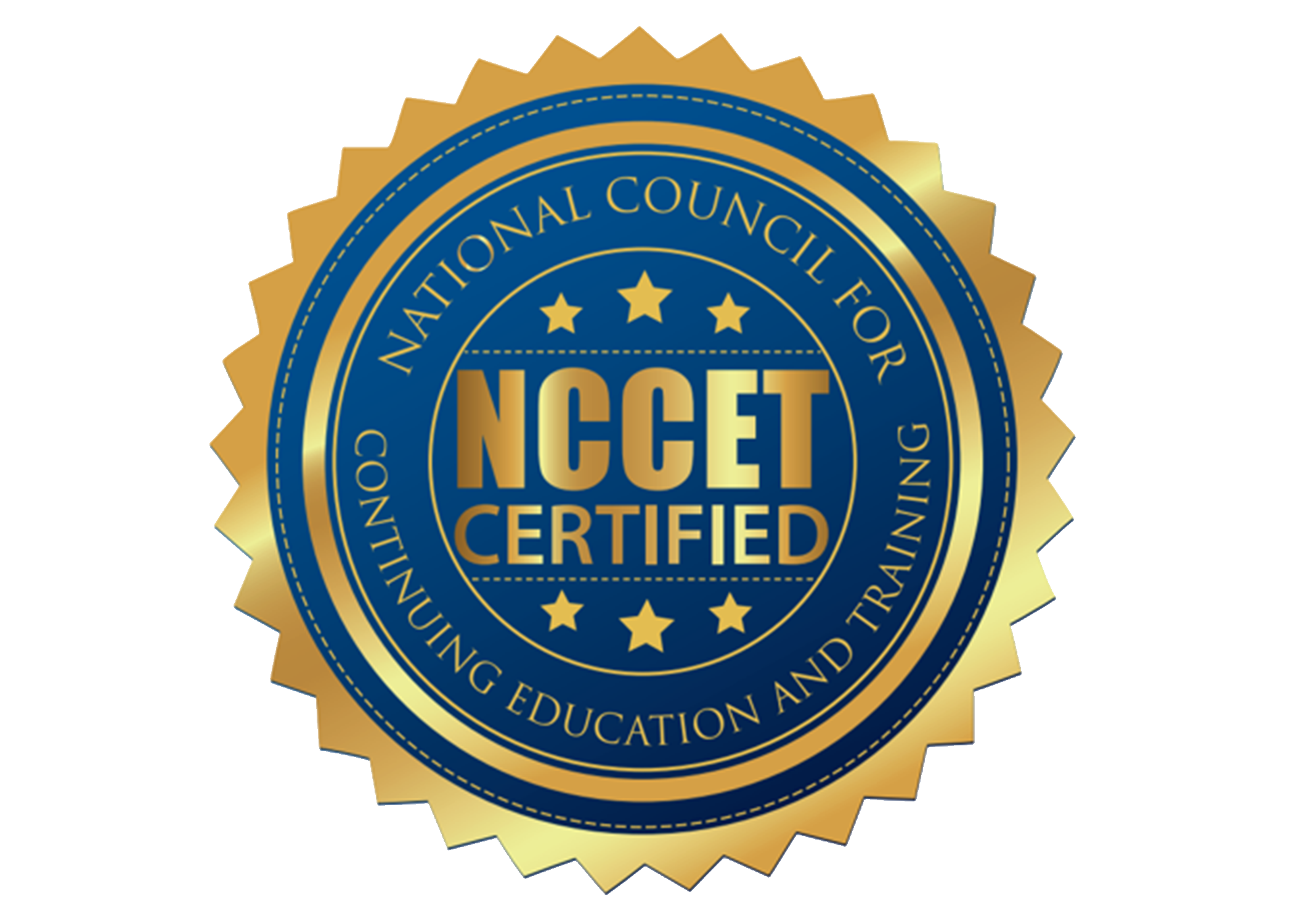More than two years out from the onset of the pandemic, job seekers are worried over the future of the workplace. It’s no surprise, since during the pandemic we experienced the “Great Resignation, “ in which a significant number of individuals quit their current job in search of a job that met their expectations. This drove many companies to increase their engagement and retention efforts—which are costly.
Today, we are seeing a transition into a new era that embraces the “Reskilling Revolution, “ defined by a time of re-training individuals in a new set of skills that employers are now demanding. According to Forbes, there is a shift happening in business, from emphasizing commercial growth to focusing on enterprise stability. That means soft skills are more vital than ever before.
Here are some of the most important soft skills for 2025, according to the World Economic Forum:
Leadership & Influence
Being a leader doesn’t require a management title. Hence, “influence“ plays a strong role in becoming a leader without a title. However, individuals must obtain certain skills to be a dynamic leader who embraces a positive culture and fosters transformation in their followers.
Resilience
Dealing with change and setbacks has been a theme for many throughout the last few years. Resilience involves recovering from a difficult situation and coming out stronger on the other side. When someone is resilient, they see ‘difficult situations as opportunities for innovation.’
Emotional Intelligence
Reading others! Being able to “read the room“ or recognize someone else’s emotions is essential for understanding how to best respond. Business stability requires an emotionally-healthy, team-oriented environment that enables each employee to contribute and grow. A person with high emotional intelligence is able not only to participate in team efforts, but also to recognize and facilitate the contributions of others, creating additional synergy in the team.
Critical Thinking
Critical thinking involves five components: deductive reasoning, problem identification, data gathering and evaluation, overcoming biases, and implementing solutions. This structured way of thought is much in demand and often difficult to find. A critical thinker must be able to question assumptions and sift out facts from opinions to form a solid basis for solution options.
Adaptability
The digital age is creating quick, dynamic shifts in the way we work. Individuals need to be able to adapt to these shifts so that companies can remain agile. Inter-generational intelligence is extremely important for collaboration during times of adaptation.
Active Listening & Learning
Do you retain and understand what was said to you after it was said? So often, individuals aren’t fully focused on the speaker. Most likely, they don’t know why or how to be fully focused. When individuals can actively listen, they can actively learn.
The World Economic Forum finds that these “soft skills“ are some of the top skills of tomorrow, and will be extremely essential from now until 2025 and beyond. It’s no surprise, considering automation and artificial intelligence are taking over the hard skills. To be competitive in the digital age, soft skills are a must when considering a learning-for-life educational approach. Findings also show that students and employees will need to reskill or “upskill“ by 2025 to embrace new responsibilities and emerging technologies. It’s sobering to consider that many graduates today are destined for jobs and industries that don’t even exist yet.
Luckily, many individuals, especially the younger generations, are eager to reskill, and highly value learning and development opportunities. Educational institutions that ‘miss the mark’ when addressing these needed skills hinder individual and employer success. Ultimately, companies expect recent graduates to have the basic skills needed to be productive and successful employees. However, the ‘skills gap’ makes it evident this doesn’t always happen.
Likewise, issues arise when management doesn’t prioritize learning opportunities for their staff. Management needs to realize the importance of investing in their human capital to retain employees and compete with other companies. Companies that don’t invest in their workforce will find themselves losing employees to companies that do. This is especially true for unhappy employees—when they dislike their job or work environment, they typically look for new jobs. Your greatest asset is your human capital—let your employees know you value them by investing in their learning and development.
We Can Help!
Educational institutions will improve their reputation and increase recruitment from firms – Companies will save money by retaining employees through learning and development efforts, rather than lose money through lost human capital and the high cost of hiring and training new employees. It won’t only benefit the employee; it’ll benefit the company at large. This is what builds enterprise stability.


